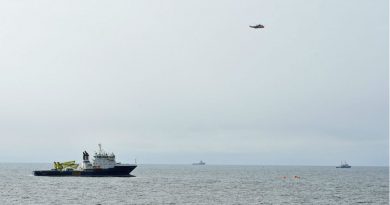Medevac delays put Nunavik patients at risk, say doctors
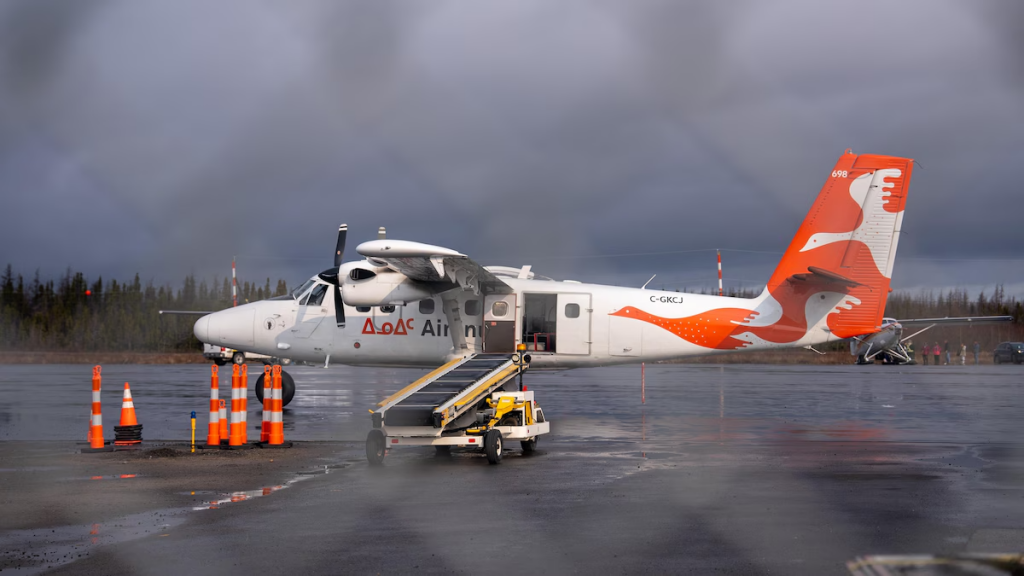
By Félix Lebel, Francis Tessier-Burns
Health centre in Puvirnituq, Que., had to deal with 3 medevac delays last week
A lack of medevac flights is putting patients at risk in northern Québec, say doctors in the region.
“I witnessed a lot of pretty bad situations linked with the lack of pilots and planes,” says Vincent Rochette-Coulombe, a general practitioner at the Inuulitsivik Health Centre in Puvirnituq.
The health centre serves as a hub for the seven Nunavik villages along the Hudson Bay coast. Every day, Rochette-Coulombe and his colleagues take in some of the sickest patients from that area, flown in by bush plane.
Many need to be stabilized and then are flown further to Montreal for emergency care. However, air travel in and out of Pivurnituq has been made that much more difficult due to ongoing renovations to the community’s runway.
Those renovations mean only bush planes such as Twin Otters — smaller, slower aircraft — can land there at this time.
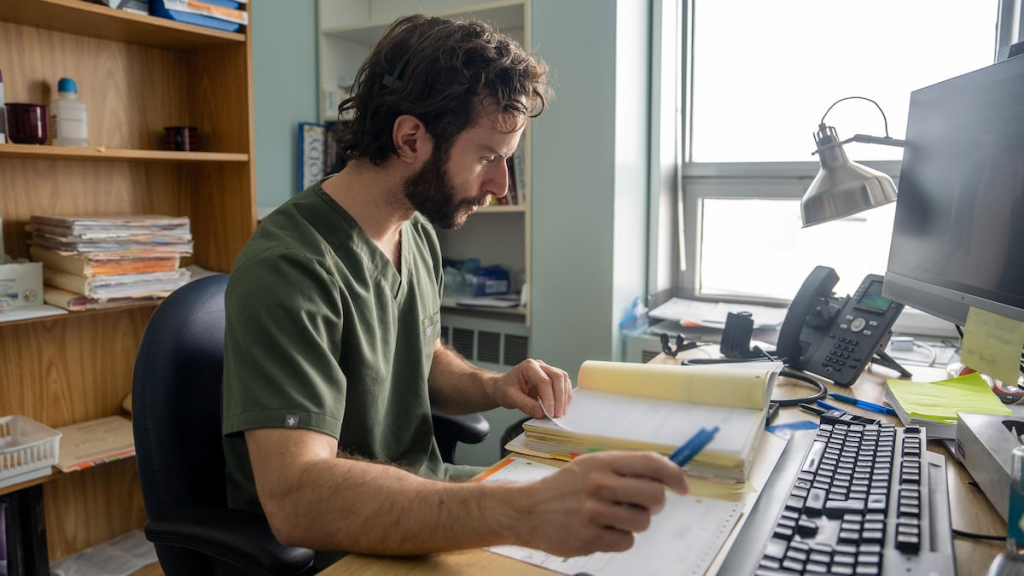
The situation came to a head last week when one night the health centre team received calls to prepare to take in a premature baby and a patient with an abdominal hemorrhage, coming from separate villages. But Rochette-Coulombe said there weren’t enough aircraft available. Ultimately, a plane needed to be dispatched from Kuujjuaq to take one of the patients back to that health centre.
On another night, a baby in respiratory distress and “near death,” according to Rochette-Coulombe, arrived at the health centre at 2 a.m. The baby needed to be medevaced but the flight was delayed by three or four hours due to pilot availability, he said.
“The problem is there are no back-up teams,” he said, adding a nurse had to extend her shift to take care of the baby.
“If we hadn’t had the help from Kuujjuaq or nurses willing to work nearly 24 hours, we would have had at least two patients that would have died,” says Rochette-Coulombe.
Air Inuit only has one daytime team and one nighttime team in Puvirnituq to handle medevacs.
Due to federal legislation, once pilots hit eight hours of flying time in a single day, they are grounded.
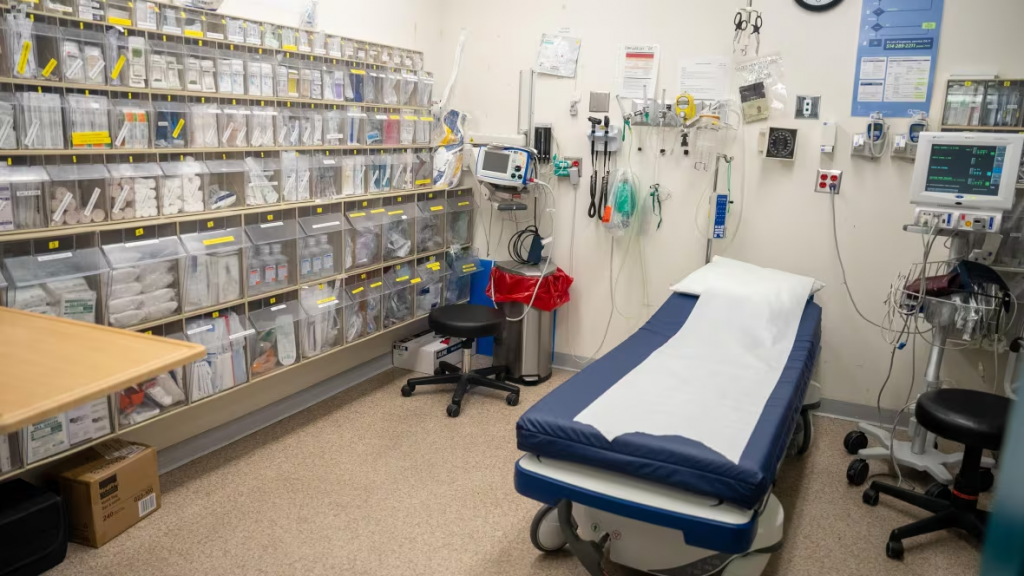
But, health care staff are the ones to bear the brunt of that legislation when in an emergency situation, says Rochette-Coulombe.
“They need to work harder and longer hours to stay with the patients because there is a delay with the planes,” he said. “So they get frustrated, they get tired, they feel that they do their best, but in the end everything is blocked by the plane problem.”
Medevac flights rerouted
The ongoing renovations to Puvirnituq’s runway also mean Quebec aeromedical evacuation program’s (EVAQ) air ambulances can’t land in the community.
Officials at the health centre did not answer Radio-Canada’s questions on what measures they’ve taken to work around the issue. However, doctors have confirmed that patients have had to be flown to Kuujjuaq or Kuujjuarapik before finally getting on an air ambulance to Montreal. The 500-kilometre detour from Puvirnituq and Kuujjuaq adds more than two hours of travel.
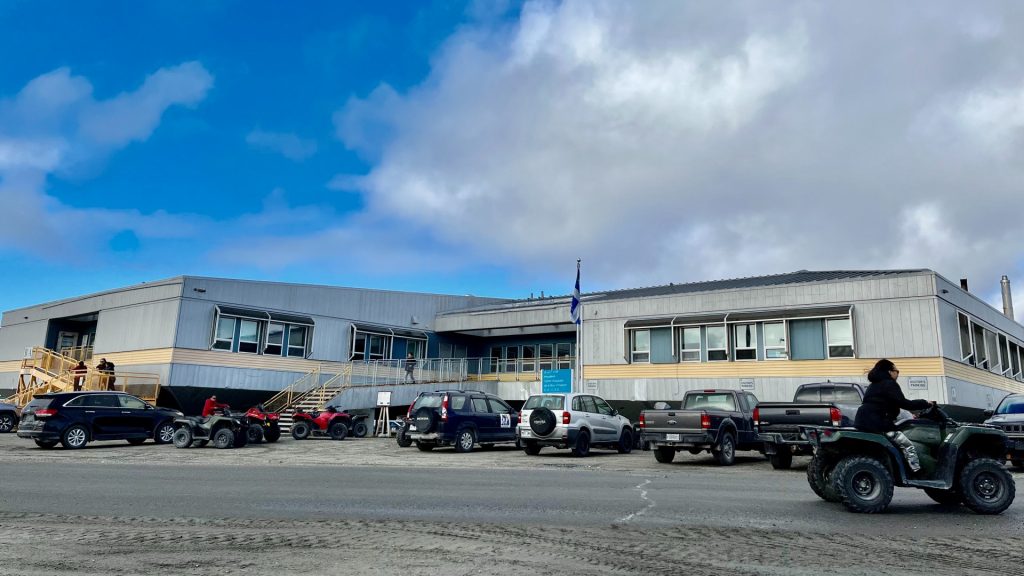
The renovations have also affected residents’ ability to return to the community, says Lucy Qalingo, Puvirnituq’s mayor.
“I know a lot of people are affected by it, but it’s for the long run for our youth … to have more access and to have more modernized equipment in our region,” she said. “We have no choice but to face this for the time being.”
Qalingo added that the runway renovations would last until mid-September.
Calls for better services
Evan Wong is a surgeon and traumatologist with the McGill University Health Centre, and is part of the team that takes on patients from Nunavik.
He’s also studied the effects of delays to adequate health care for patients in the region. One study found that once a patient has suffered a serious trauma, their chances of clinical deterioration go up by four per cent for every hour of delay.
Wong says the number of transfers from one type of transportation to another also increases risks.
More resources should be dedicated to reducing the delays of getting patients from remote communities to appropriate hospital care, he says.
This also echoes the findings of Québec coroner Julie-Kim Godin, who last year recommended that the province improve medevac services for remote communities after finding delays contributed to the death of a 61-year-old Salluit woman in 2022.
Related stories from around the North:
Canada : Feds pledge nearly $86 million to improve Yukon health care, CBC News
United States: Senators, including Alaska’s, sound alarm on cuts impacting Indigenous health care agency, Eye on the Arctic

